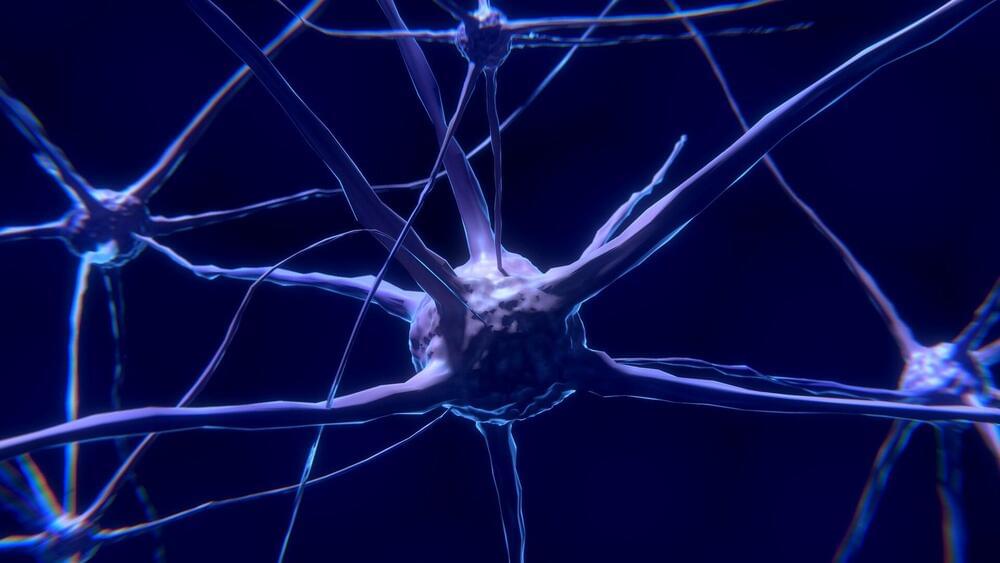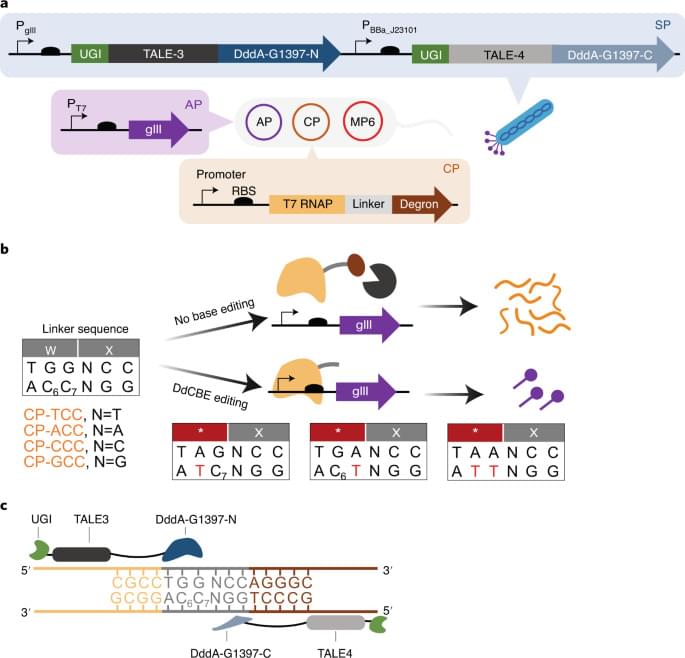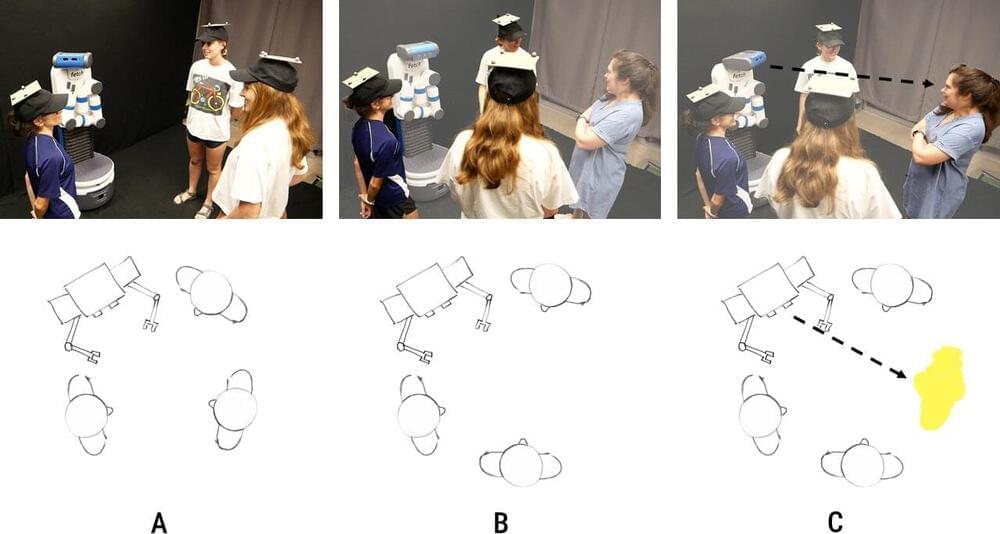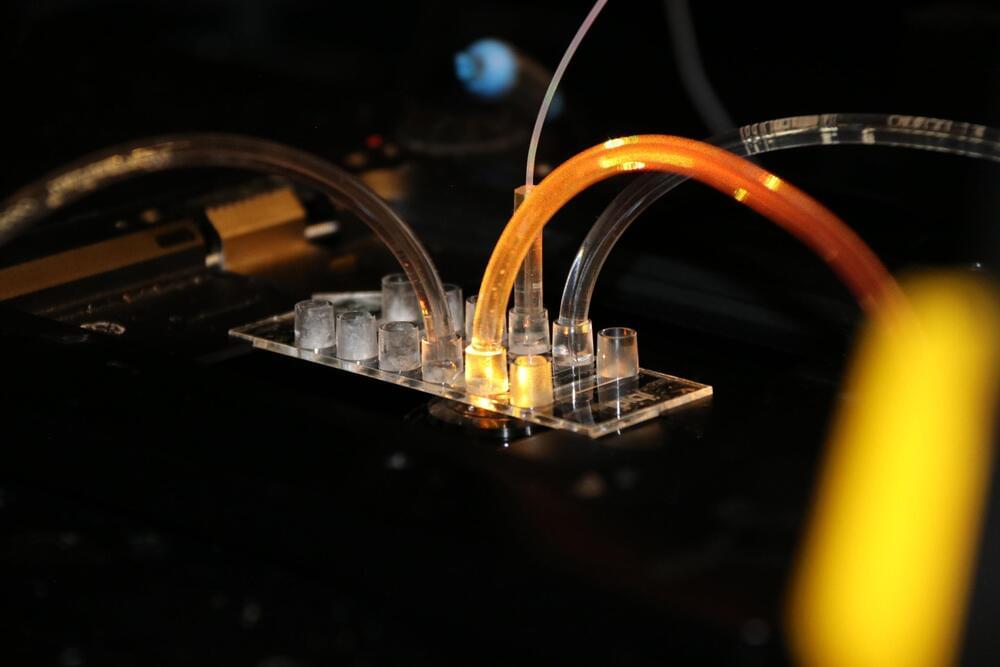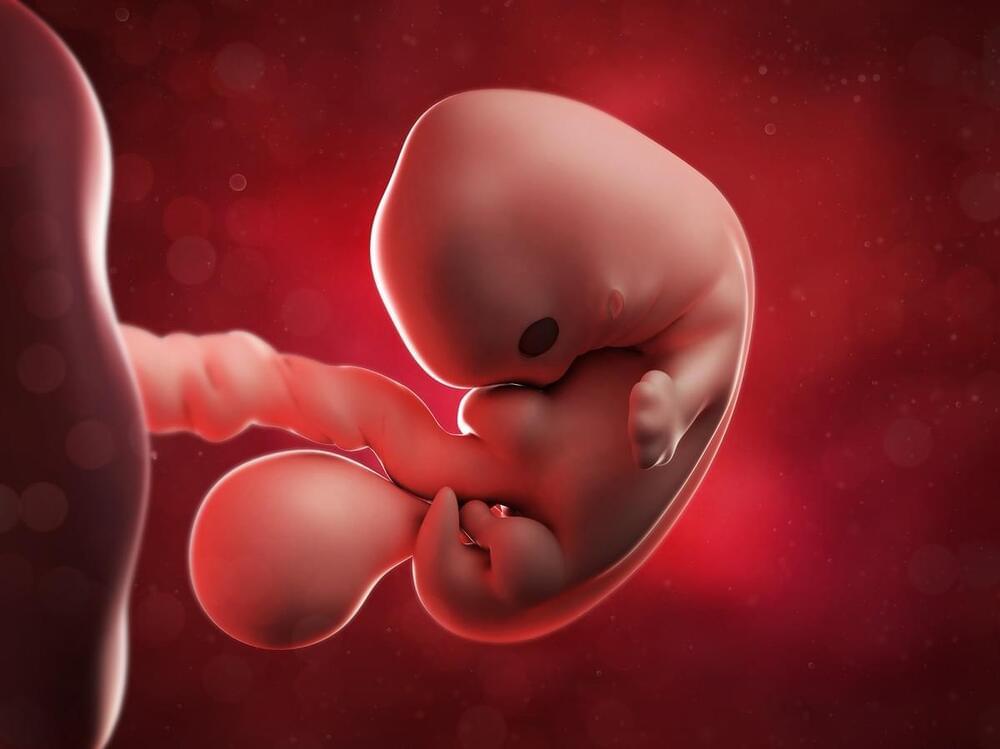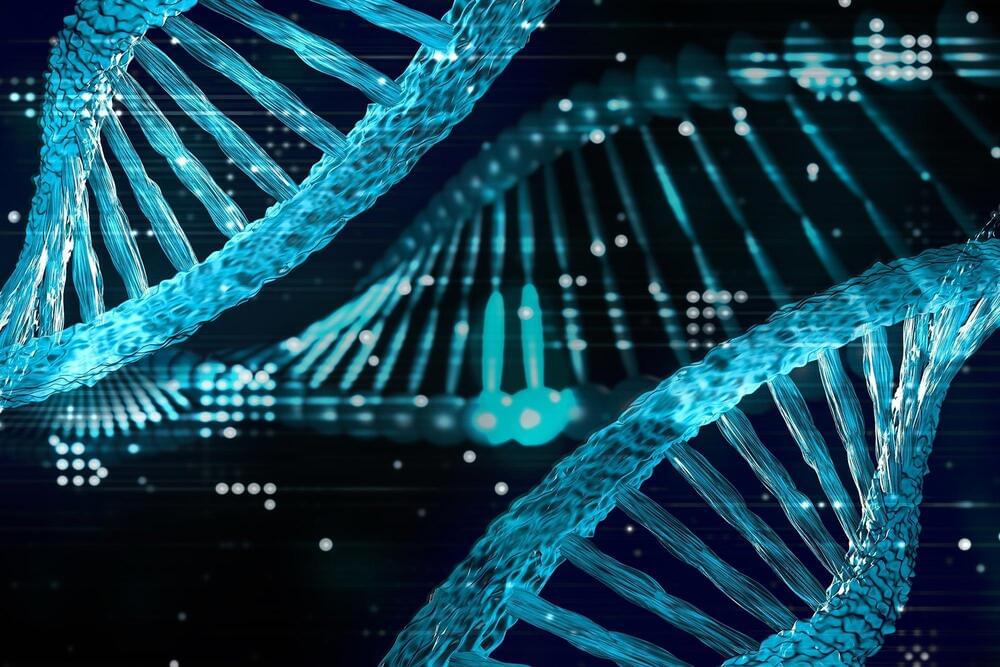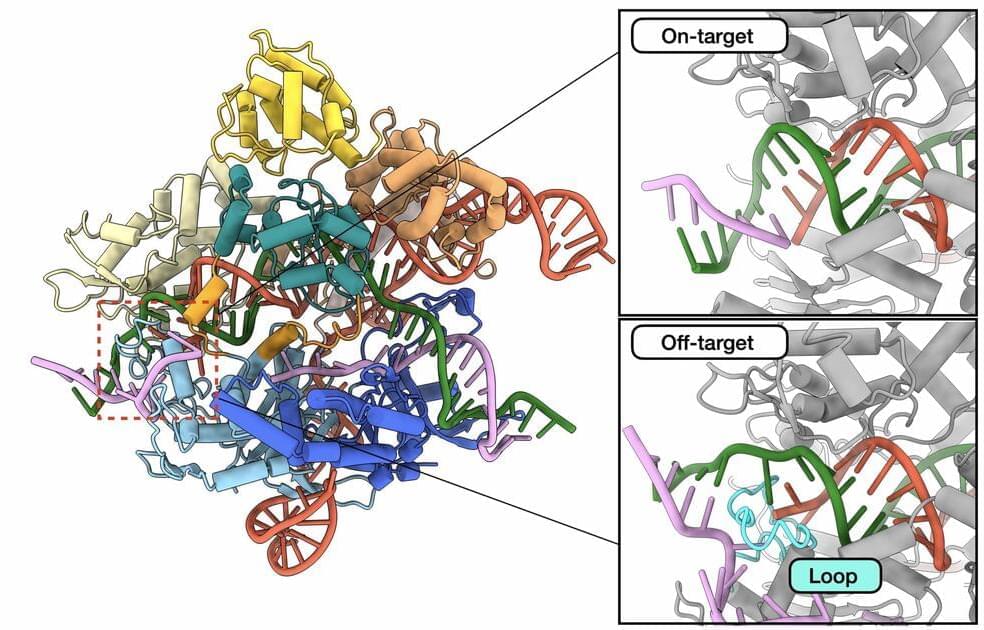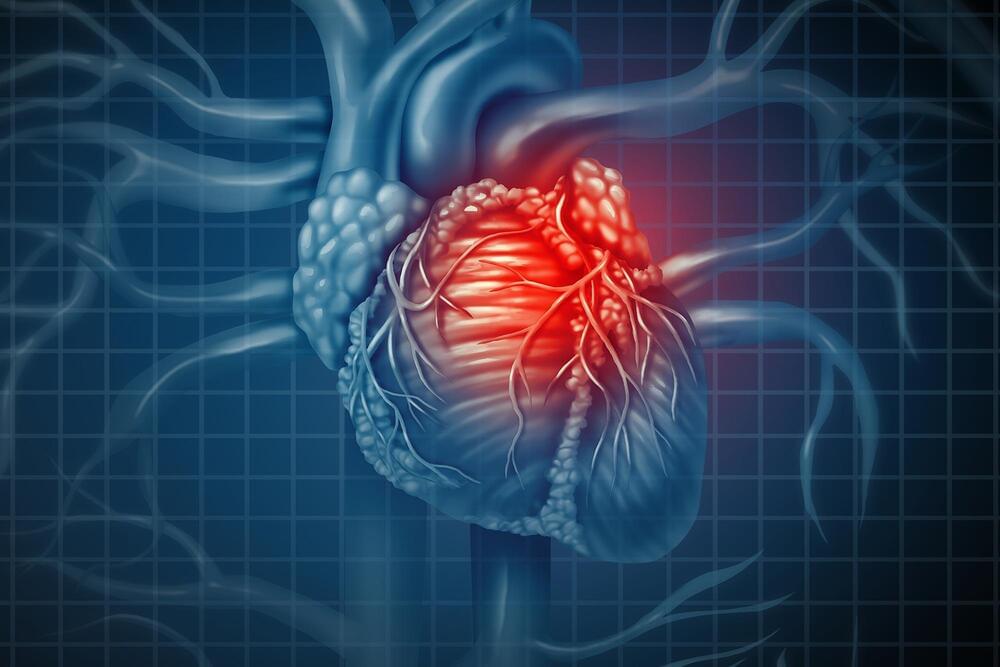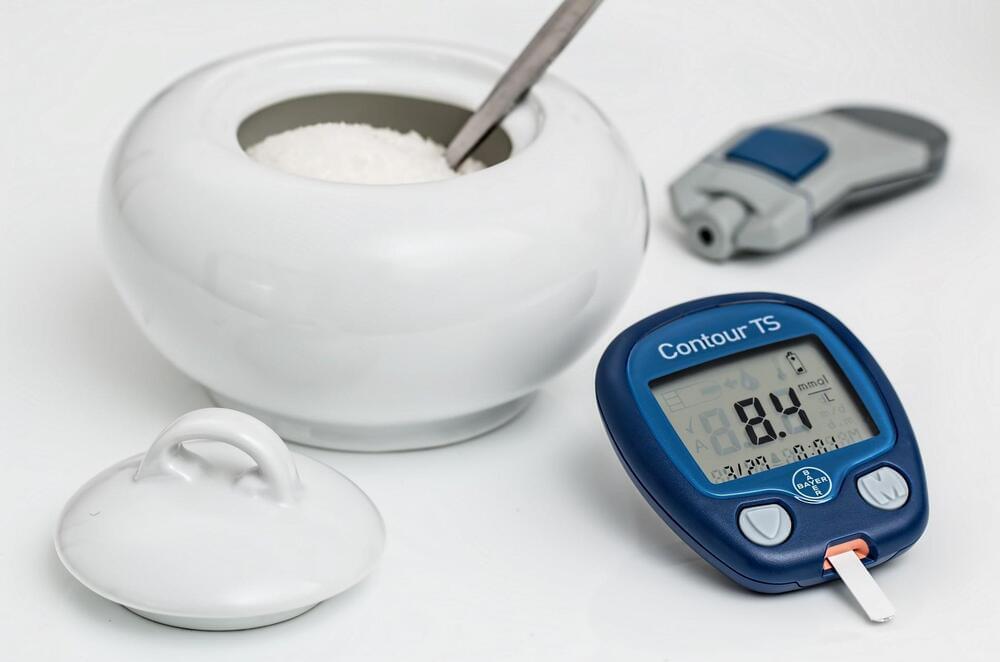Apr 5, 2022
Compound From Cardamom Spice Can Kill Aggressive Triple-Negative Breast Cancer Cells
Posted by Kelvin Dafiaghor in category: biotech/medical
Study shows that compound from cardamom shows promise for treating aggressive breast cancer.
Cardamonin — a natural compound found in the spice cardamom and other plants — could have therapeutic potential for triple-negative breast cancer, according to a new study using human cancer cells. The findings also show that the compound targets a gene that helps cancer cells elude the immune system.
About 10–15% of breast cancers are triple-negative, which means they don’t have receptors for estrogen or progesterone and don’t make excess amounts of a protein called HER2. These tumors are difficult to treat because they don’t respond to the hormone-based therapies used for other types of breast cancer. They also tend to be more aggressive and have a higher mortality rate than other breast cancers.

